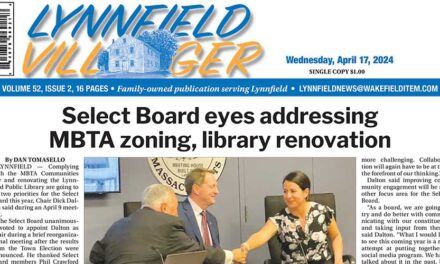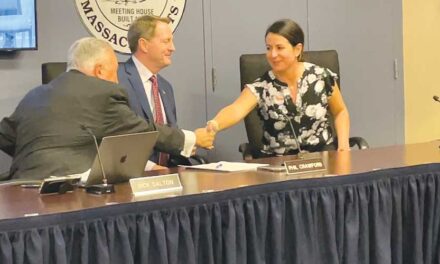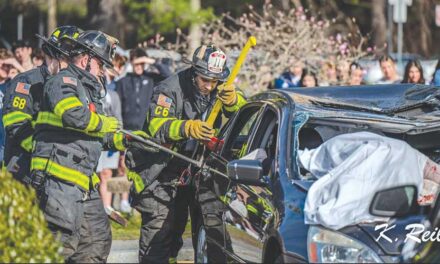Published in the October 12, 2016 edition
On Monday night the town is scheduled to debate restricting the way people use their property. On the surface this appears to be something we would be absolutely opposed to, and for good reason. Residents work hard to be able to pay the handsome price of living in Lynnfield; they should be able to do what they want with what they own.
But a deeper look at the intent of town officials asking for some changes to the Zoning Bylaws in Article 6 at Town Meeting reveals a simple truth: They are trying to protect all Lynnfield’s citizens.
And with that we completely agree.
The question at hand: Does a Needham Road resident have the right to periodically rent out his home and grounds to those who use the Airbnb or HomeAway websites when looking for a temporary getaway? Sure, with limitations.
This is not about discriminating against people or taking their rights away. It is about keeping everyone safe. It is about making sure that homicides like the one that happened over Memorial Day weekend at this Needham Road rented home are greatly reduced through the uses allowed in a residential zoning district.
The town has the authority — we would argue, the obligation — to regulate rental activity within the various zoning districts however it sees fit. That is what the state’s Chapter 40A is all about: allowing communities to, in Town Counsel Thomas Mullen’s words, “promulgate zoning bylaws which include defining what uses are permitted in each district.”
Mullen continued in an interview Friday with the Villager: “Nobody has any problem with the idea that single residence includes both ownership and leasing of a single family home for residential purposes. The issue is what happens if you’re talking about an extremely short term rental and, in particular, a series of extremely short term rentals. If you get to the point where the same property is turning over from one tenant to the next every couple (of days) or three or four days, then you have a revolving door that’s very disruptive to the neighborhood. Disruptive in the same way that a busy commercial enterprise would be disruptive to a single family neighborhood. That’s the thinking.”
That’s our thinking too.
For this article to pass, it must receive a two-thirds majority vote at Town Meeting. Before it would become part of the town’s Zoning Bylaws, it first must pass the muster of the state Attorney General’s Office, which is part of the system of checks and balances put into place to prevent governmental overreach.
While some may see a town’s attempt to better define uses of people’s property as Big Brother intervention, we see it as a matter of keeping the public safe.
And there’s nothing wrong with that.




